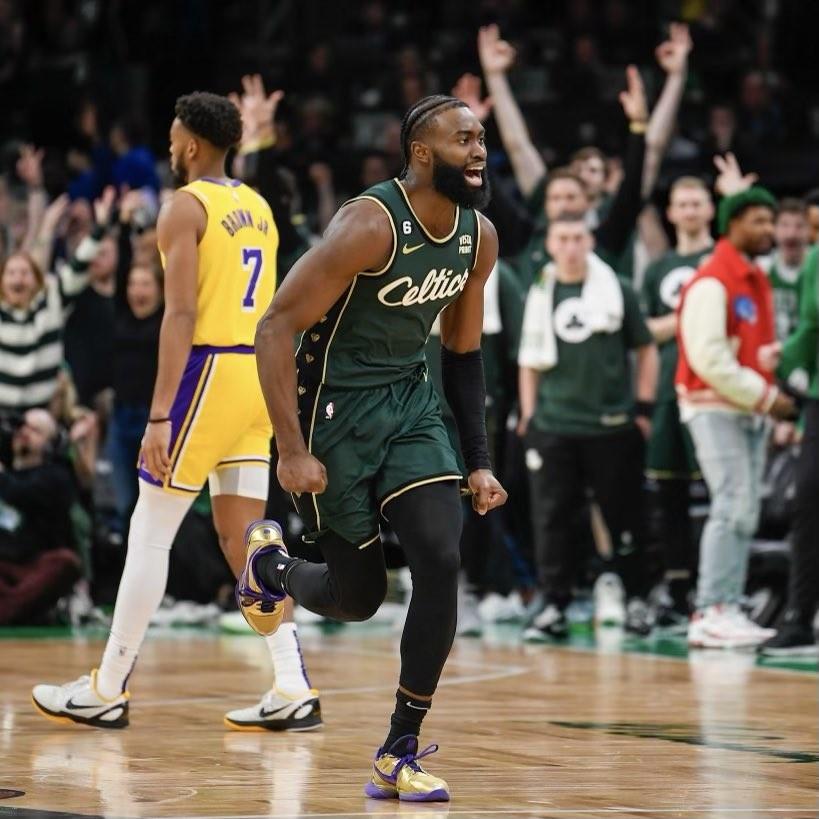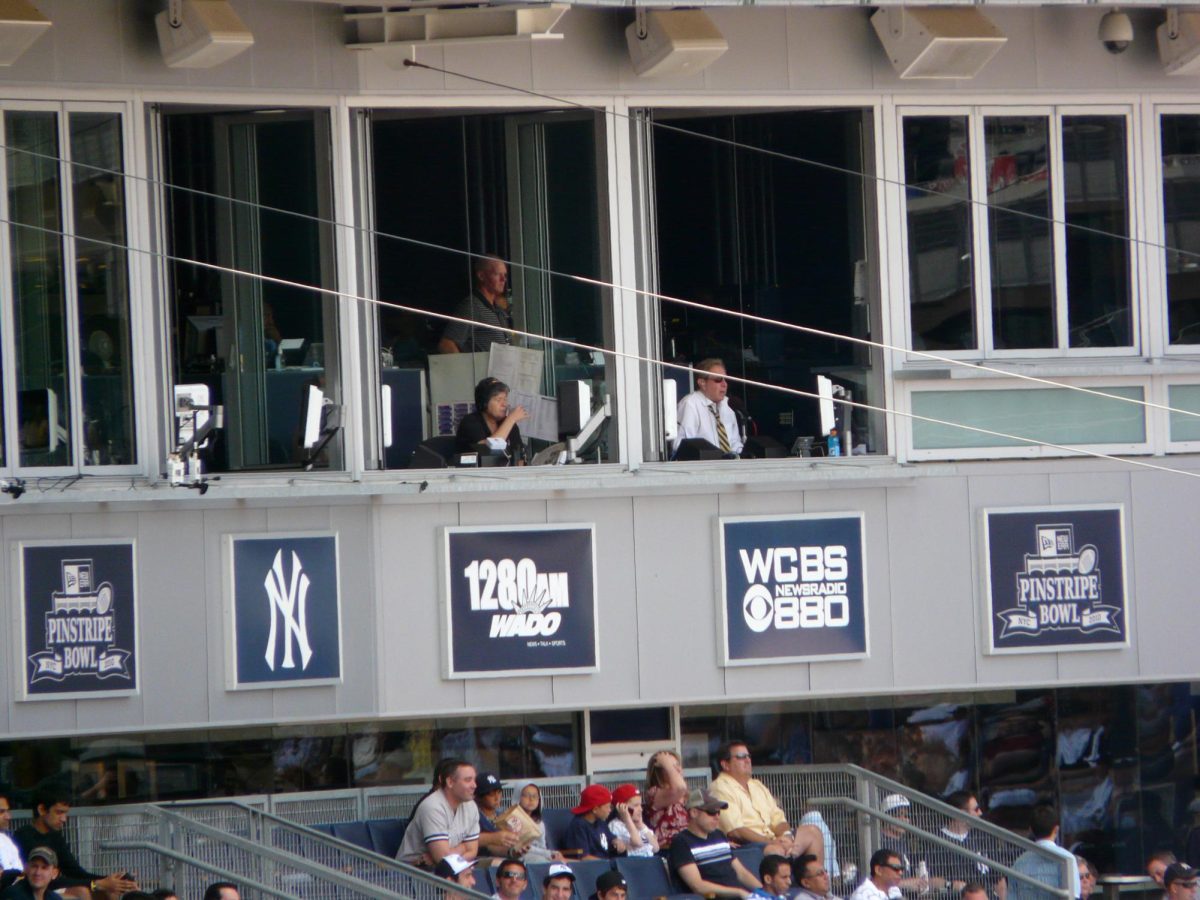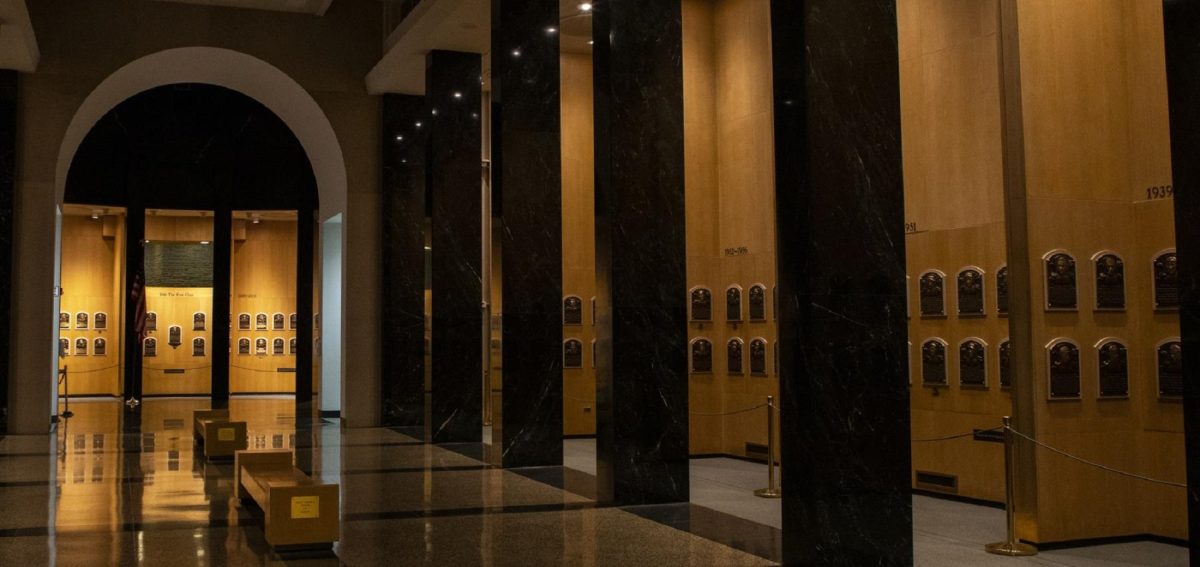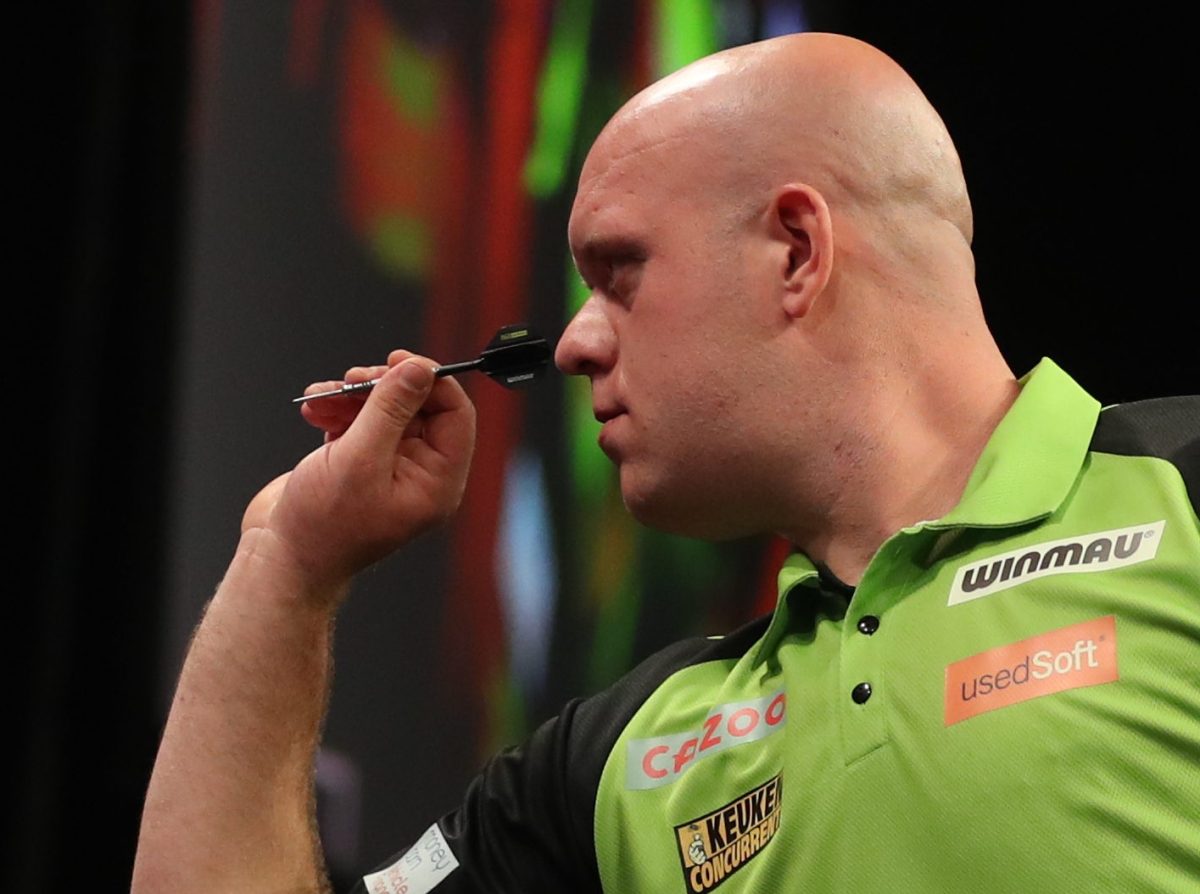There are three certainties in life: death, taxes and referees ruining sports. It feels as though almost every week there is a baseball game where the umpires miss several big calls or a football game where the outcome is decided by how many penalty flags are thrown. With the NBA just halfway through its regular season and the NFL preparing for its biggest game of the season, it’s once again that time of year when millions sit down, turn on their TVs and yell at the refs on their screens for three hours.
Last week, we saw the latest examples of officiating controversies in both leagues. On Saturday, the Los Angeles Lakers lost to the Boston Celtics in overtime after the referees completely ignored a foul on LeBron James, preventing him from scoring a game-winning layup. The next day, NFL referees faced harsh criticism in both the AFC and NFC championship games as the San Francisco 49ers, Philadelphia Eagles, Cincinnati Bengals and Kansas City Chiefs duked it out for a spot in the Super Bowl.
The cases highlight increased dissatisfaction with the leagues’ refereeing from fans and players alike.
In the Lakers-Celtics game, the Lakers had possession of the ball with four seconds left and the game tied. James went up for a layup, only for Celtics star Jayson Tatum to hit his inner arm, which should have constituted a foul. Despite the lead official having a clear view of the play, no foul was called, and the Celtics won in the following overtime period. Seeing James and his teammates furious, fans flocked to Twitter with memes about the missed call and James’ emotional reaction.
The National Basketball Referees Association apologized for the missed call, a rare response to the common problem of bad officiating. Five days later, they admitted to another potentially game-deciding mistake, this time between the New Orleans Pelicans and Dallas Mavericks, in which Brandon Ingram was incorrectly called out of bounds in the last few seconds of the game. Still, the association maintains the stance that more replay options on high-impact plays would disrupt the “free-flowing” nature of basketball, effectively ruling out that option.

Meanwhile, in the NFL’s Conference Championship games, the 49ers-Eagles game saw a number of questionable calls, including a fourth-down conversion that was ruled complete despite Eagles receiver DeVonta Smith never having gained possession of the ball before it hit the ground. Additionally, an Eagles punt deflected by the SkyCam wire could not be replayed because the referees had no footage of the ball hitting the wire.
While that game was not a close contest due to disastrous quarterback injuries for the 49ers, the Bengals-Chiefs game was decided by a margin of 3 points in the last three seconds of the game, making officiating mistakes even more costly. Some of the calls that Bengals fans decried could have gone either way, but the referees also missed clear calls, including missed holding and block in the back calls, along with a clock error that gave Kansas City an extra opportunity to gain a first down.
Both leagues face allegations of being “scripted,” albeit mostly satirical, and these two controversies raise questions of whether the leagues have too large an impact on the outcomes of games. Low-quality officiating tarnishes the prestige of professional sports as well as the fan experience, and there is no sign of the problem disappearing anytime soon.
The solution? Lean into technology rather than shying away from it. Options for booth review and better video coverage would have corrected many of the issues from last weekend. Regarding the NBA’s objections that it would be too disruptive, soccer’s adoption of the Video Assistant Referee boosted the accuracy rate of referees’ calls from 95% to 99% at the 2018 World Cup. 4% is not a lot, but when a single call can decide the result of a season, it matters.
At the end of the day, every sports league faces this backlash and suffers very few consequences. Realistically, no one stops following a sport because of a bad call; if anything, the vigorous backlash against referees only demonstrates fans’ attachment to their favorite teams. Still, maximizing the quality of officiating remains not only in the best interest of fans and athletes but the leagues as well. If they are concerned about delivering the best experience to fans and enabling the highest level of athletic competition, this persistent issue will need to be addressed.









Andrew Swank • Feb 28, 2023 at 12:33 pm
SWANK: This is an excellent article by MANENS.